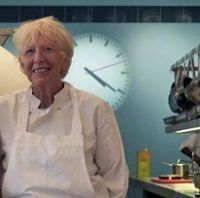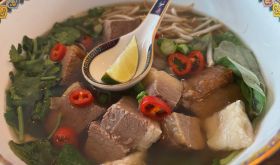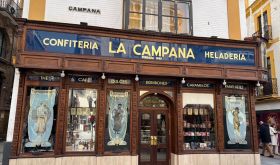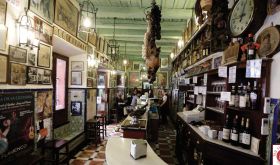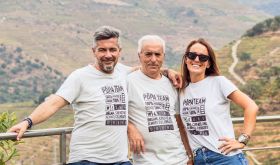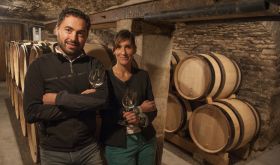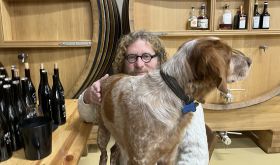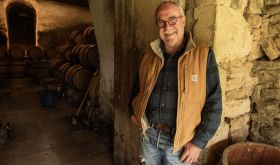The sad death of Rose Gray, the founder with long-time business partner Ruth Rogers of London's highly influential River Café, after a valiant battle against cancer, rips a hole through the ranks of modern British cooking at many, many levels.
While there are some who may claim that with its high prices the River Cafe – which in truth was neither a café nor on the river, albeit very close by – made it merely the spot for the wealthy burghers of west London, they would be wrong. Ruth and Rosie's influence went much further than that and there are today two very public manifestations of this.
The first is that without the River Café there may not have been a Jamie Oliver. It was while filming a TV series at the River Café that the extremely observant producer Patricia Llewellyn first spotted Oliver working as a commis chef. She recognised in him the cheeky chappie, exuberant qualities that were to make him a TV star. These qualities were to set him on the road to enthusing so many young, unemployed but potentially talented people about cooking in general and the profession in particular.
Then there were Rose and Ruthie's extremely popular books, especially the River Café Easy books that have had such an enormous influence on many who never had the good fortune to eat at the restaurant. These, I know, were extremely welcome presents to anyone setting off for university or getting married. Rose was always delighted at the impact these particular books had on those learning to cook.
Her determination that the pleasure a meal at the River Café could give should be spread as widely as possible was always brought home to me every year in early November as I was planning the Lunch with the FT restaurant promotion for the following January.
Rose would ring, her voice immediately identifiable by its rather ethereal qualities that belied an inner toughness. When, she wanted to know, was the FT lunch going to take place, as she wanted to ensure it was in the restaurant's diary as soon as possible. It was, she always explained, one of the highlights of the year for her.
There were two specific reasons for this. The first was that at the £15 for two-course price point at which the River Café took part, the promotion made it possible for a lot of people who could no longer afford the current menu's considerably higher prices to either come back or to eat there for the first time. This was very important for those who lived nearby and every year brought in a lot of new customers. Rose was delighted on both these counts.
But there was one other reason she wanted the River Café to take part. 'The chefs here get used too easily to cooking with expensive ingredients', she used to say, 'with sea bass, turbot and grouse. It's good for them to have to cook to a much lower price point and yet ensure we still make a profit. It's very good discipline.' The restaurant continues its own promotion every January as part of this philosophy.
These views were part of an altogether broader, gentler and wiser approach which Rose brought to cooking and to looking after her customers. But it also explains one other reason she will be so sorely missed: she offered the same thoughtfulness to her fellow professionals and was always willing to extend to them the breadth of her knowledge and experience.
Rose's influence spread far and wide and not just across the UK. Many restaurateurs and chefs from around the world would invariably make a point of stopping at the River Café for their first or final lunch or dinner en route from, or to, Heathrow as the River Café was conveniently placed between the airport and their hotels in central London. They, like so many of us, will miss her very much indeed.
Jancis adds: As a mother myself, I can't help feeling that Rose must have been terribly proud that her talented son Ossie Gray followed in her footsteps, managing the River Café's exceptional wine list with aplomb and accompanying her on many of her gastronomic pilgrimages to Italy.

